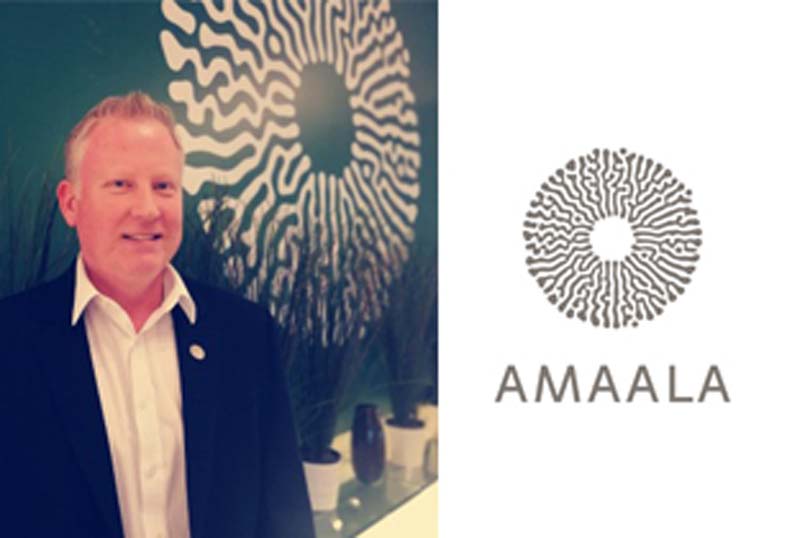Brian Maynard, the AMAALA gigaprojects HSE director, will be contributing to MENA HSE Forums second session, Future of Digitalisation in the HSE Sector, at MENA HSE Forum, which will take place in Dubai from 6-7 September, 2022
AMAALA is an upcoming gigaproject, part of the Saudi Vision 2030.
The project's HSE director, Brian Maynard, will be at the MENA HSE Forum 2022 contributing to the event's second session, ‘Future of Digitalisation in the HSE Sector’, elaborating on how his team’s approach embeds a range of digital technologies in its approach.
“So many projects and programmes don’t have the opportunities or infrastructure within their own organisations to implement digital solutions. Honestly, this is my own belief, by automating health and safety, organisations can reduce their administrative burden by 40%,” Maynard explained.
“We spend so much time filling out paperwork and forms, we don’t give ourselves enough time to get out into the field and work with project managers and directors to focus on behaviours and relationships. These have the most significant impact on health and safety.
“I’ll be looking at opportunities and ways to digitise companies’ programmes, how to develop a strategy for digitalisation, all the while having a good understanding of their organisational needs and expectations.”
The 4,000 sq km AMAALA development embeds HSE in its core, with Maynard elaborating, “The emphasis on the section of the project that’s not being developed, around 3,700 sq km, is around sustainability and environment, and maintaining that landscape.”
The project’s approach utilises a three-tiered structure, with Maynard continuing, “We have a strategic section, which is me, and a tactical, comprising eight health and safety professionals. Those individuals are responsible for establishing various programmes – the ones putting the strategy and infrastructure into place. We’re establishing the final tier – around 90% of the entire pyramid – which will be operational – the on-site section.
“We can build programmes and strategy, and have a direct link with their on-the-ground implementation of them.”
Maynard will dissect how companies can implement similar plans while utilising digital technologies to their fullest capability.
On the role of events and conferences such as MENA HSE, Maynard continued, “I’ve always been a strong advocate for events like these. These events in the Middle East are in their infancy, they’re still maturing and growing, along with the region’s culture for health, safety and environment.
“These events allow all their speakers to spread the word – not just the companies – the industries, the countries and regions. They allow health and safety leaders from all over to showcase their level of expertise and knowledge.
“Finally, they help foster a regional health and safety landscape, which is so important. At AMAALA, we have a mandate that a large percentage of our health and safety positions will be fulfilled by local operators and junior staff. We’re putting in place programmes to get junior Saudi professionals into operational positions, train them up over the next three to five years, so they’re the future leaders of tomorrow.
In guiding the next cornerstones of industry discussion, Brian explained, “Leading into the question ‘What’s next?’, I think Covid forced us to identify our vulnerabilities. I think it’s going to show up companies’ resilience. It’s tested companies to the point of making future preparation for incidents so key.
The MENA HSE Forum will bring together more than 200 stakeholders from companies and government organisations including ADNOC, Petrofac, AMAALA, Dubai Holding, Dubai Municipality, Tadweer and many more, to discuss current HSE developments and definite their health, safety and environment strategy for a sustainable future.
For further information download the brochure at:






